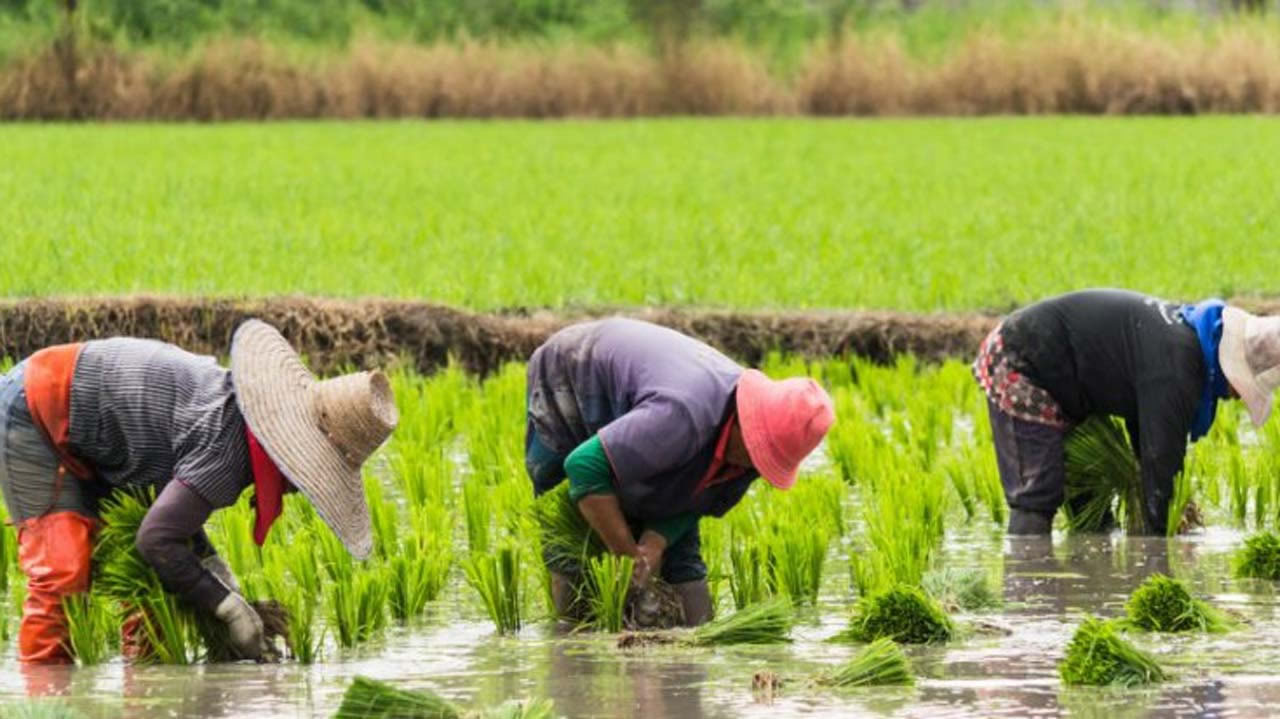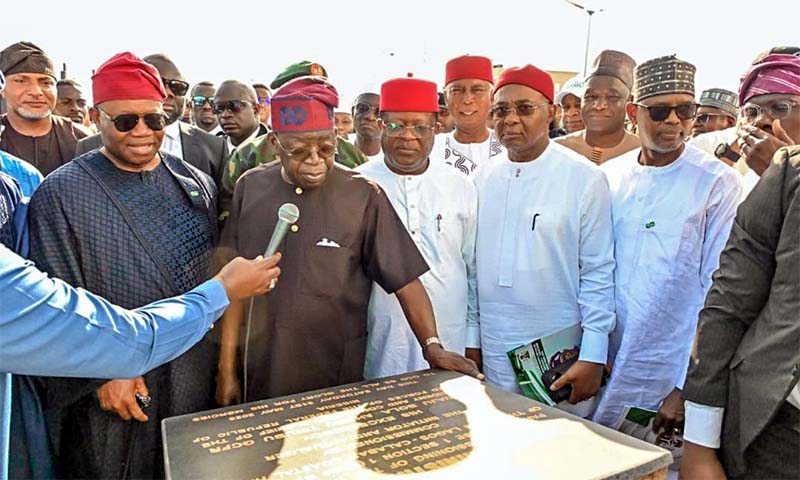Community History Classic
The land of Isiugwu has many potentials in agriculture including local brewery, large scale farm of vegetables, fishery and most importantly, rice farming but abysmally lack investment
Isiugwu Ohafia, is an agrarian community with vast evergreen farm lands and virgin forests sharing boundaries with vast expanse of rainforests extending to Itu-Calabar river. It is one of the 26 villages of Ohafia in Abia State, Nigeria.
‘Isiugwu’ literally means “The Peak of the Hill”
Isiugwu Ohafia is known for its river tributaries which flows virtually across every region of the village including water falls. Nicknamed “Gwogwo” because of its speed.
It enjoys a river tourist attraction named “Obayi Isiugwu’ – A crystal clear river that has the wonder to produce both warm and cold water at the same time from the same source with exotic golden fishes swimming freely at the sight of swimmers unmolested.
At every festival and during Christmas, the Obayi river is flooded with visitors both local and foreigners so much that you may not get a place to swim. It has remained the children’s delight till date as the adults tends to move towards other more secluded rivers.

Isiugwu Ohafia is famed for its rice farming known as ‘Isiugwu Rice.”
Virtually every young male child born in the community, has at one time being a farm boy at the rice paddies as every community in the village boast of 5 to 10 rice farmers. Shared among every families in every community bringing the total number of rice famers to over 100.
Isiugwu is nicknamed “Nkwu Ururo” which means “Palm Tree in the marshland,” this symbolism represents strength and fertility which has characterized the land of Isiugwu. This marshland originating from the river tributaries of the ‘Isi Ogwe’ axis extended as far as to the neigbouring Abam towns and villages sharing boundaries with Ebonyi State – Due to no existing survey records, the length and breadth of the marshland allocated for rice farming is about 7 times the residential areas of the community. One of the major challenges of the rice famers is attracting major investment in equipment to expand the business and register their name as major rice farmers in Nigeria. The village is famed to grow one of the best grade of rice in entire Igboland with higher quality that even the famed “Abakiliki rice” as traders flock to the village every harvest season to book for bags of rice ahead of the milling season.
Another milestone in the community is the presence of mineral resources suitable for the production of cement, limestone clay is in abundance in the hinterland of the community spreading from the Isi Ogwe axis leading to the swamps where the rice farms are located.
The communities has been making series of effort to attract investment in these areas till date alongside its evergreen forests suitable for Palm Oil Plantation and Local Brewing of Alcohol.
Isiugwu has at one time produced its own Alcoholic drinks from the plantation of one late Elder Ette Willie”
The land of Isiugwu has many potentials in agriculture including local brewery, large scale farm of vegetables, fishery and most importantly, rice farming but abysmally lack investment perhaps due to poor concentration of its indigenes in the nearby city of Aba as Tailors and artisans abandoning the fertile farming community to the pursuit of quick economic fixes in the city.
Government presence has not been favorable either as every development in the community has been attributed to communal efforts. The community is governed by The “Eze nweogo” and his cabinet comprising of the “Uke Akpan” and the “Uke Ji Ogo” while the youth provides labour and security.

Isiugwu has an active youth population grouped into age grades that contributes to security and community development, The community is governed and maintained by community efforts including roads, electricity and schools
Isiugwu has an active youth population grouped into age grades that contributes to security and community development with a about 8% of its indigene’s resident overseas mostly in the UK and China and Sweden.
The community is governed and maintained by community efforts including roads, electricity and schools with one Community Secondary School, a Primary School and a Vocation – technical school founded by one of its illustrious men named Chief Kalu Uke kalu, a former Chairman of Union Bank Nigeria Plc now in his 80’s.
One of the richest men in Ohafia Local Government in the 80’s named Chief Raleigh Ejituru Mmaju came from Isiugwu, he was a business man cum politician with the defunct NPN, through his effort, many families were able to send their children to school and he contributed about 45% of the community development projects.
The people of Isiugwu are predominantly Christians with little presence of idolatry. The Presbyterian Church of Nigeria is one of the oldest missionary settlement in the village of Isiugwu followed by the Roman Catholic Church while Assemblies of God church emerged in the late 70’s as one of the Pentecostal Church in the community.
HISTORICAL FACTS
The founder of Isiugwu is Uduma Ngwo popularly known as Uduma Ali, he started his journey from Amurie Nkporo and first settled at ndi Ofali in Amaekpu,he gave birth to his first child whom he named after the founder of Amaekpu that is Agwu
When he broke the law of the land which in the process killed someone he escaped to Elu to take refuge with his friend Odoawukwu he also gave birth to his second son whom he named after Imaga the founder of Nde Imaga compound, but Odoawukwu commited an offense. Uduma and Odoawukwu left Elu in search of better settlement, They came to the present Akanu environs and found IyiAkpa. They decided to live on opposite side of the stream. Uduma Ali settled at Olori Ogoyle Odoawukwu settled at Amuke but were threatened by Aro slave dealers. They abandoned their settlement and joined Nna Ukwu Omezue at Akanu.Uduma Ali separated from Odoawukwu in search of a better place to settle. He discovered the present site of Isiugwunta. He saw Isi Ogwe River(Onu Uduma) and Obai spring. He settled at Isiugwunta known as Ikoro Ukwu.”






